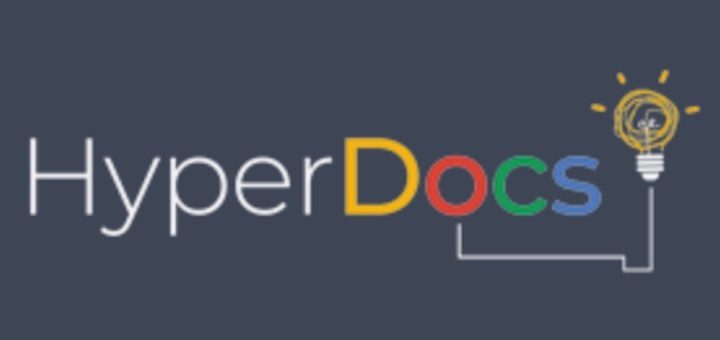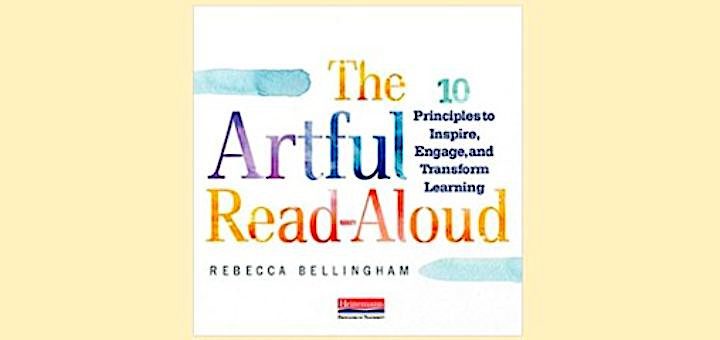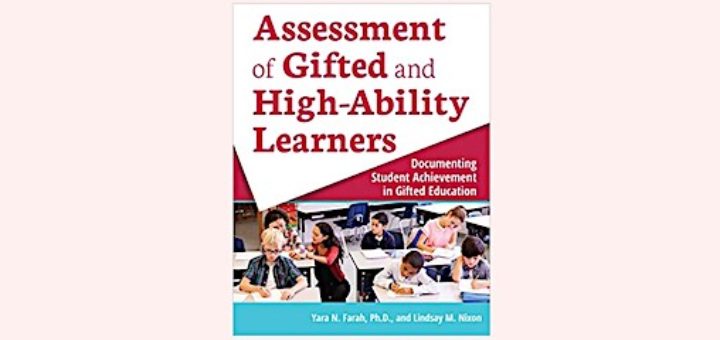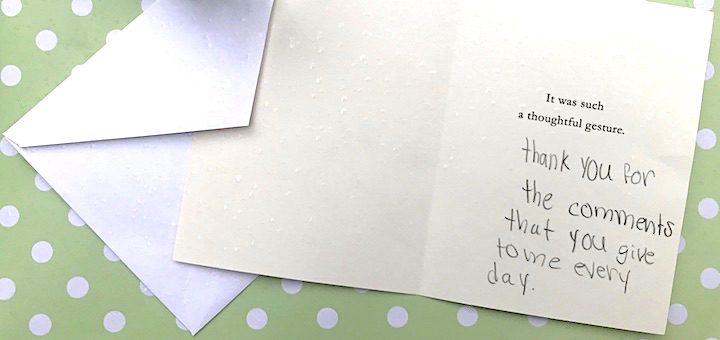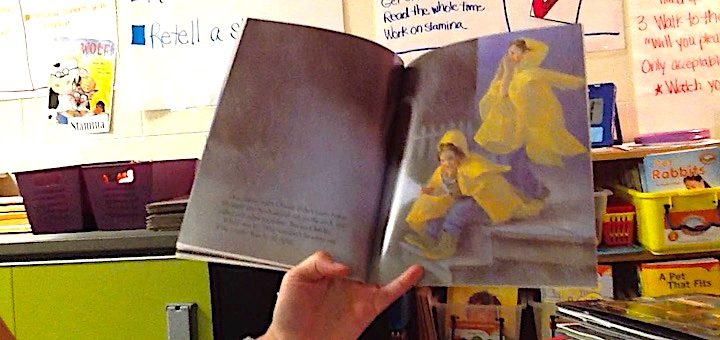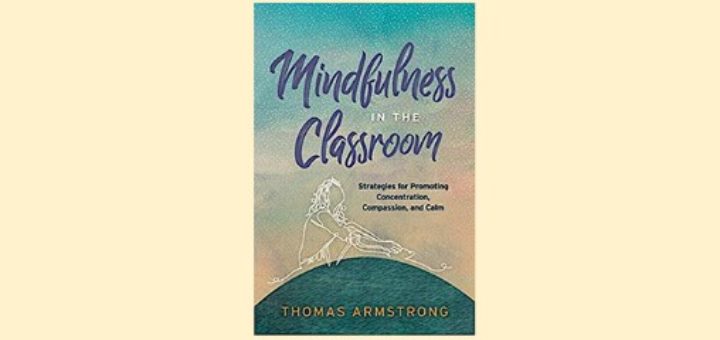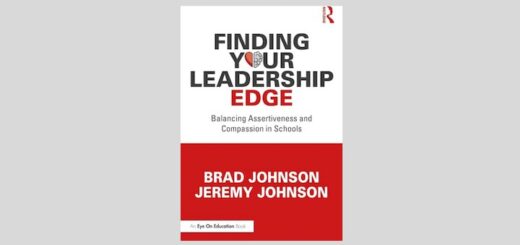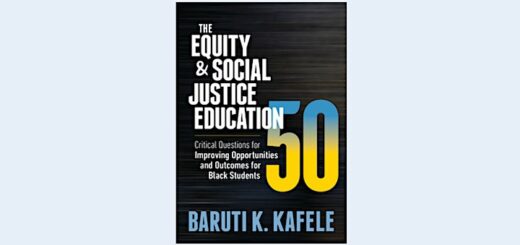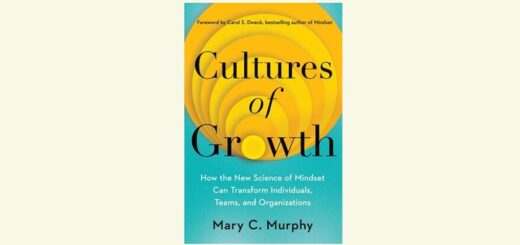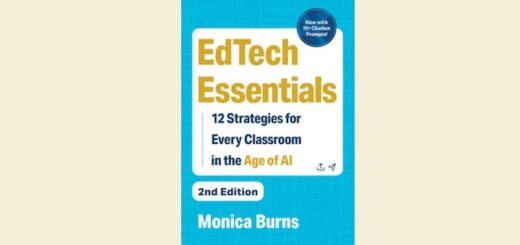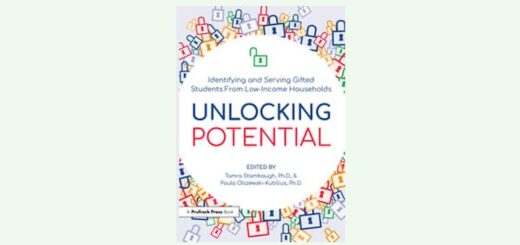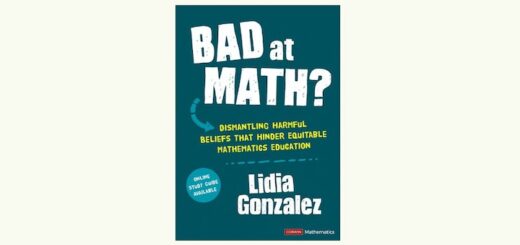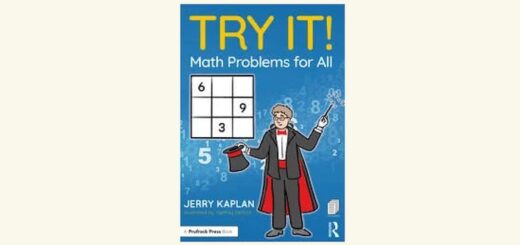Teaching and learning in grades 4-8
How can teachers plan successfully this summer when they don’t know what teaching will be like in the fall? ELA/science teacher Jeremy Hyler is investing time creating lessons driven by Hyperdocs – a flexible strategy he can use face to face, online, or in a blend.
In Part 2 of a series on using picture books in middle school, Jennifer Sniadecki and Jason DeHart focus on “the simple power” of stories with minimal text to set the stage for lessons, provide background knowledge, and make efficient use of daily class time. Example: Eva Bunting’s Terrible Things.
The Chicago district where Lauren Brown teaches has wrestled with issues of equity centering around race with new urgency in recent years. Amid the pandemic and the rising Anti-Racist Movement, she believes part of the answer is deepening curriculum and teaching Black history throughout the year.
In addition to offering how-to’s on presenting read-alouds, Rebecca Bellingham shares extensive resources for taking students beyond hearing a story to understanding the story and learning how to share their reactions. Sixth grade teacher Jeny Randall finds lots to use.
Assessment of Gifted and High-Ability Learners is a guide to classroom assessment for instructional decisions, using the authors’ framework, Dynamic Teaching. The book presents a good foundation of three common assessment tools, writes gifted education specialist Kate Boonstra.
We enjoy publishing MiddleWeb articles that team a school-based teacher and a school-focused author/consultant who share classroom strategies they’ve been developing together. We’ve chosen 10 examples from our trove of guest articles to showcase the power of these team-ups.
“I used to think clever lessons would show students how much I cared,” writes sixth grade teacher Kelly Owens. But she’s come to understand that “If you want to fully engage and motivate students to delve into your innovative instruction, get going first with a greeting!”
Students at ages 9-13 still want to hear their teachers read aloud, want to sit on the rug, want to engage in stories. Jennifer Sniadecki and Jason DeHart share evidence that picture books are also an effective way to teach figurative language and other ELA standards.
With her eighth graders’ online history podcast project now complete, Sarah Cooper shares six takeaways that have helped her imagine not only how to improve this assignment in future iterations, but how she can continue to grow as a teacher facilitating remote learning.
After explaining how stress affects the brain, Thomas Armstrong shows how mindfulness promotes concentration, compassion and calm in students and teachers. Teacher Nicole Warchol explains the book is just what she needs as she seeks to bring more focus into her classroom.

